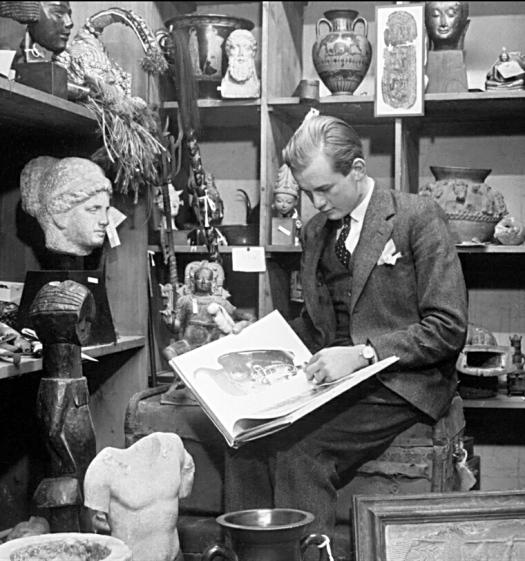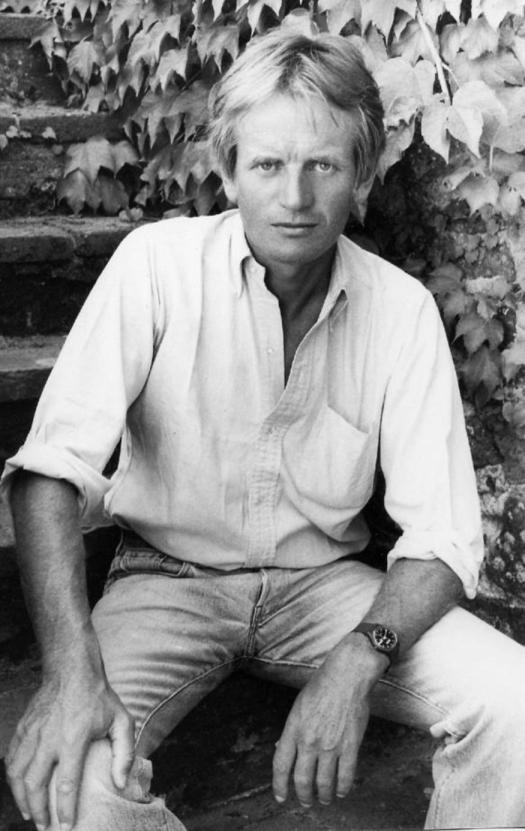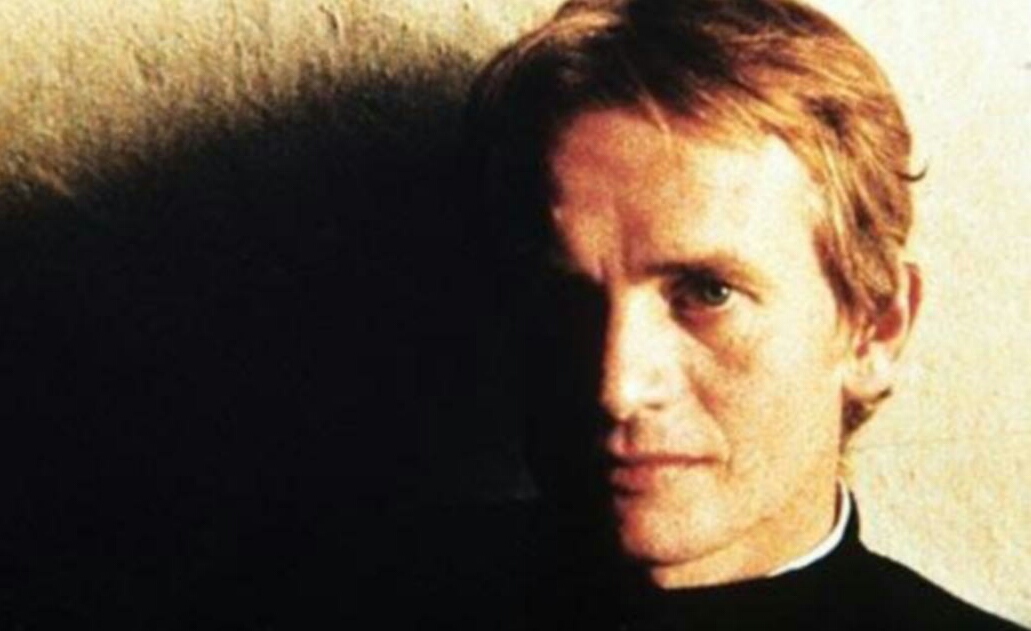Bruce Chatwin, the British travel writer, novelist and art historian died on January 18, 1989 at the age of forty-eight. Chatwin, who was married but carried on many homosexual affairs, died from AIDS.
Although he tried to keep the real reason for his final illness secret (to protect his conservative parents from knowing the truth about his sexual life, he said) it had become an open secret by the time of his death.
![]()
To explain his obviously declining health Chatwin would claim that he had caught a rare fungal illness after eating a 1,000 year old egg in China. I happened to see Chatwin at the final public appearance of his life at The Harbourfront Reading Series in Toronto in October, 1987.
There, he appeared gaunt and tired. He had cancelled an appearance the day before because of illness. Still, he was witty and charming and stuck to the Chinese egg story despite the rumours that he was in fact HIV positive.
After his death some gay rights activists were critical of Chatwin’s refusal to acknowledge the truth, even later when he was clearly dying, and accused him of adding to the stigma of AIDS.

Chatwin’s short life was full of remarkable experiences. He went to work at Sotheby’s at the age of 18, as a porter dusting statues, and by his early twenties he was in charge of the auction house’s Antiquities and Impressionist Art departments.
He was known for his diligence but also for his keen instincts. Chatwin was famous for his ability to spot forgeries and to quickly pick good pieces out of mixed consignments. He left Sotheby’s at 26, having just become a director of the firm.
He followed his art career with a career in journalism, then became an intrepid travel writer and award-winning novelist. His travel essays and books (In Patagonia, Songlines, What am I Doing Here) have a very impressionistic style to them and read almost like fiction.
In fact it turned out that many of the scenes and incidents in Chatwin’s non-fiction were fabricated. In much the same way as Ryszard Kapuściński “fictionalized” his travel books, Chatwin invented incidents that he felt told the “truth” more clearly than actual events.

I have been reading Chatwin for years and I love both his non-fiction and his fiction (The Viceroy of Ouidah, The Black Hills, Utz) and I don’t really make a distinction between them.
Although his books are all still in print I don’t think he’s read as much these days as he once was. His romantic sort of travel narratives aren’t in vogue at the moment, but I think he’s worth reading.
Whether writing about nomadic tribes in Africa or a fictional pair of bachelor brothers who never travel beyond their farm on the Welsh border, Chatwin was always full of curiosity and empathy.

